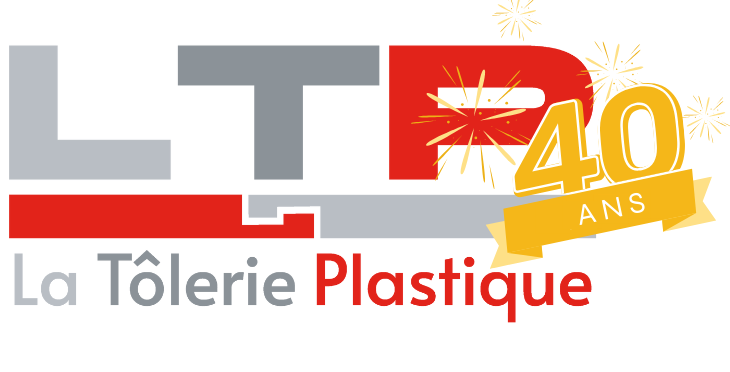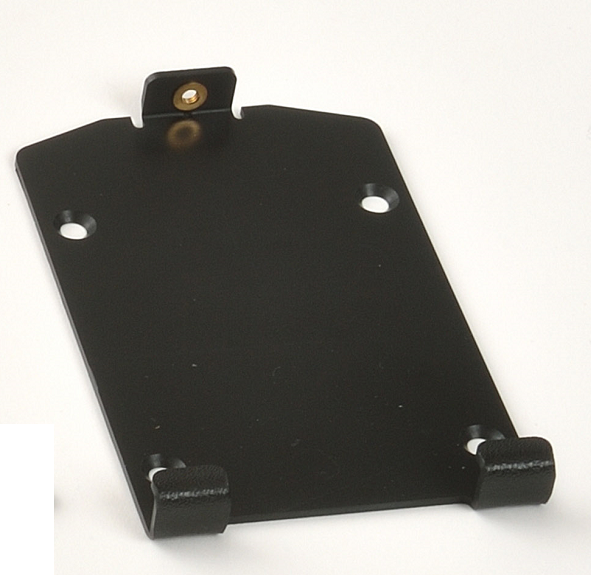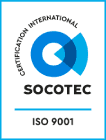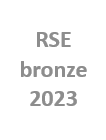Modern batteries, whether intended for industrial, electronic, or mobility applications, must meet increasingly strict requirements. Among these, compliance with new regulations on PFAS (per- and polyfluoroalkyl substances) has become a major challenge. This article explores what PFAS are, why they are regulated, and how custom plastic enclosures can address the needs of battery manufacturers while ensuring optimal thermal performance.
What Are PFAS?
Definition and Origin
PFAS are a large family of synthetic chemical compounds used since the 1940s for their unique properties:
- Resistance to water, oil, and heat.
- Non-stick and insulating characteristics.
They are found in many everyday products, such as non-stick coatings, firefighting foams, and food packaging.
Why Are They Problematic?
PFAS are often referred to as “forever chemicals” because:
- They are highly persistent in the environment and degrade very slowly.
- They can accumulate in living organisms, posing risks to human and animal health (e.g., endocrine disruption, liver and kidney impacts).
Regulatory Objectives
European directives like REACH and other global initiatives aim to:
- Reduce or ban the use of PFAS in industrial and consumer products.
- Promote safer alternatives for manufacturers.
PFAS and Custom Plastic Enclosures for Batteries
Why Are PFAS Used in Batteries?
In the battery sector, PFAS are commonly found in:
- Electrical insulators and cable coatings.
- Protective coatings against heat and chemicals.
- Some plastic enclosures designed to shield batteries from moisture and contaminants.
Challenges for Batteries and PFAS
- Regulatory compliance: Manufacturers must now ensure that their products do not contain banned PFAS.
- Thermal performance: Batteries generate heat during operation. Plastic enclosures must not only protect the battery but also effectively dissipate this heat.
- Durability and safety: Enclosures must ensure mechanical and chemical resistance to protect batteries in demanding environments.
Custom Plastic Enclosures: A Compliant and High-Performance Solution
At LTP, we design custom plastic enclosures for batteries that meet modern regulatory and performance requirements.
1. PFAS-Compliant Materials
LTP uses materials free of banned PFAS, compliant with European and global directives:
- Technical plastics (ABS, PC, PMMA): PFAS-free and suitable for the mechanical and thermal demands of batteries.
- Alternative materials: Bio-sourced or recycled options, depending on project requirements, to support eco-responsible goals.
2. Optimised Thermal Dissipation
Our custom enclosures are designed to:
- Reduce heat retention through intelligent designs and specific materials.
- Enhance ventilation with optimised ribs and openings.
- Protect sensitive components by ensuring effective thermal insulation.
3. Tailored to Your Needs
Each custom enclosure project is unique. Our solutions adapt to:
- The specific dimensions of the batteries.
- Their operating environment (heat, humidity, vibrations).
- Design and functionality requirements (fastenings, integration of connectors, etc.).
Case Study: A Custom Plastic Enclosure for Industrial Batteries
Context:
A manufacturer of batteries for electric vehicles needed a plastic enclosure compliant with the new PFAS directives, while ensuring efficient thermal dissipation.
Solution Provided by LTP:
- Material selected: Polycarbonate, PFAS-free, and resistant to high temperatures.
- Optimised design: Integration of ribs to improve rigidity and reduce weight.
- Result: A regulation-compliant, lightweight solution perfectly adapted to the client’s needs.
Why Choose LTP for Your Custom Plastic Enclosures?
With over 30 years of expertise, LTP is your trusted partner for:
- Designing PFAS-compliant plastic enclosures that meet REACH and RoHS regulations.
- Ensuring optimal thermal and mechanical performance.
- Providing tailor-made solutions to meet your technical and aesthetic needs.
📞 Contact us today to discuss your project and discover our sustainable, innovative solutions.
Phone: 0033 (0)2 35 54 63 40 | Email: sales@ltp.fr



